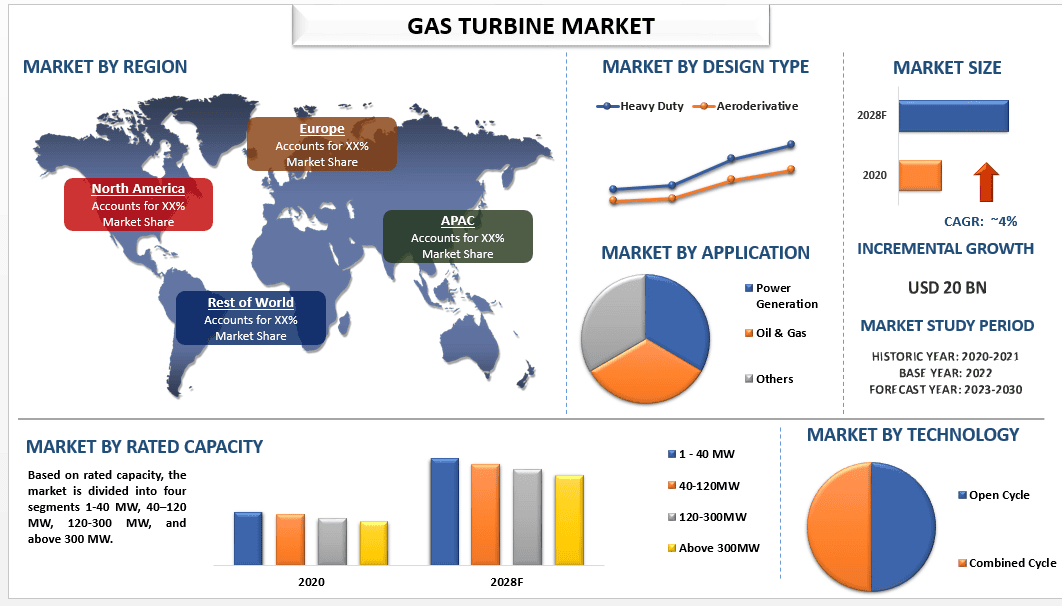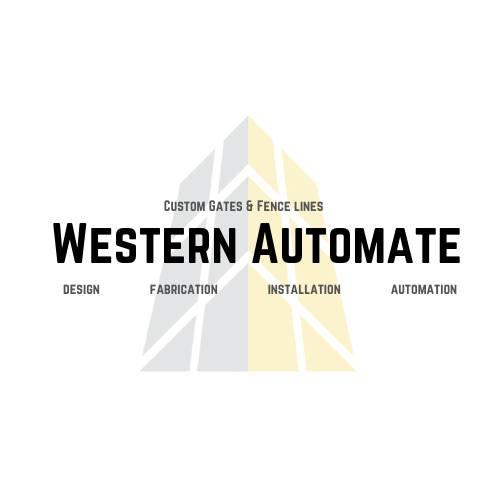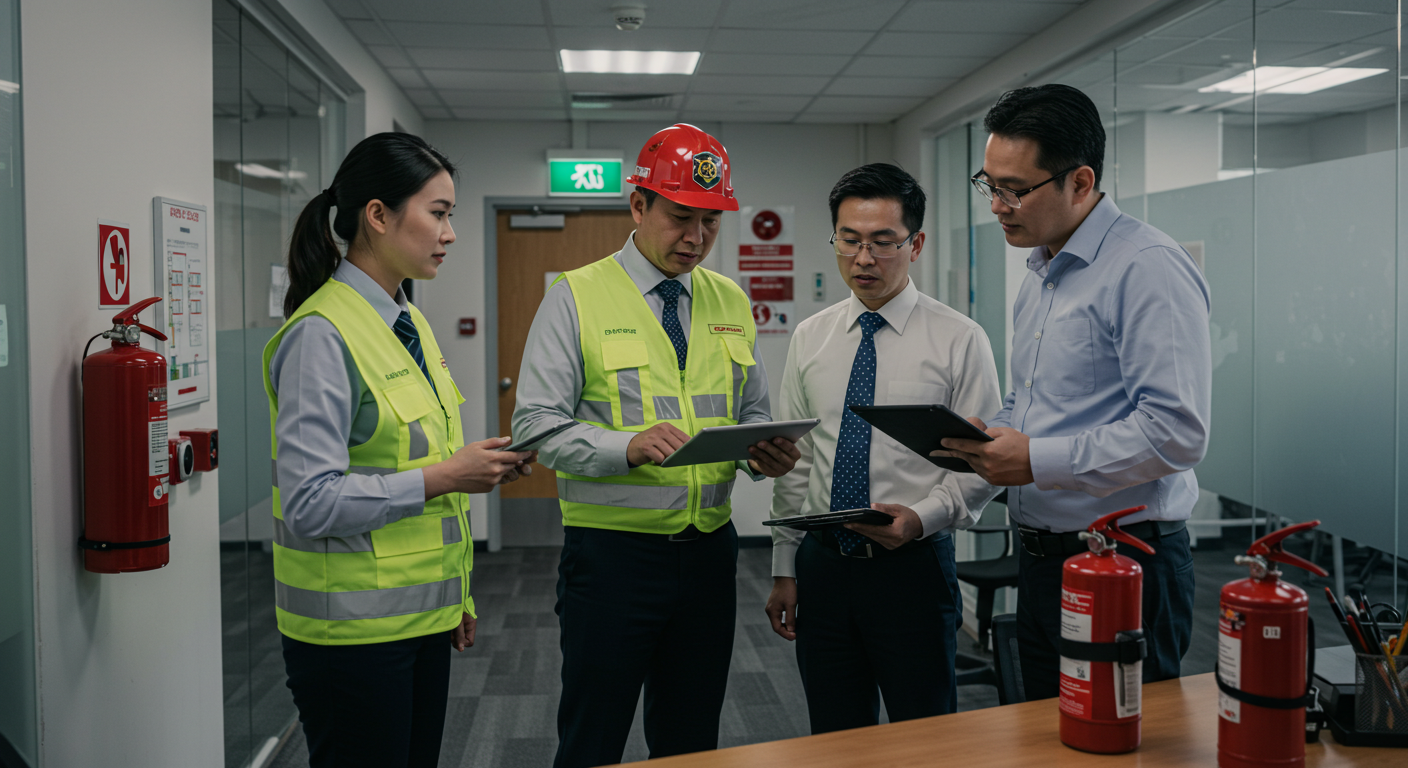Rapid CNC Prototyping: Accelerating Innovation and Reducing Risks in Product Development
Bringing a new product to market has always been a high-stakes endeavor. For businesses, the process is filled with questions: Will the design work as intended? Will it meet customer expectations? Can it be manufactured cost-effectively at scale? These challenges underline the importance of prototyping, the critical step that bridges the gap between an idea and a commercial product. In recent years, Rapid CNC Prototyping has become the gold standard for companies that need speed, accuracy, and performance in their prototypes. Unlike traditional methods that take weeks or even months, CNC prototyping provides functional prototypes in days, enabling faster decision-making and reduced risk.
Why Rapid CNC Prototyping is Transforming Industries
Product development is no longer linear—it’s iterative. A single design may go through several revisions before it is ready for mass production. This iterative process demands a prototyping solution that can keep up with tight timelines while still providing accurate, testable models.
Rapid CNC Prototyping delivers exactly that. Using advanced multi-axis CNC machines, prototypes are carved directly from solid materials such as aluminum, steel, titanium, or high-performance plastics. Unlike purely additive methods like 3D printing, which often produce models suitable only for form and fit evaluation, CNC prototypes are fully functional and can undergo rigorous mechanical, thermal, and performance testing. This makes them invaluable in industries such as aerospace, automotive, medical devices, and electronics, where failure is not an option.
Real-World Problem Solving with CNC Prototyping
Consider an automotive supplier tasked with developing a new bracket for an electric vehicle battery pack. The design must not only be lightweight but also strong enough to withstand road vibrations, temperature changes, and long-term use. Traditional prototyping methods such as fabrication or 3D printing might deliver a visual model quickly, but they won’t provide the durability needed for stress testing.
By turning to CNC prototyping, the supplier can produce the bracket in aerospace-grade aluminum, ensuring that the prototype has the same strength and weight characteristics as the final part. This allows engineers to perform real-world durability tests and make design changes early, saving weeks of development time and avoiding costly redesigns after production begins.
Key Advantages of Rapid CNC Prototyping
1. Functional Prototypes for Real Testing
Unlike models that are only useful for visual review, CNC prototypes are capable of full functional validation. They can be tested under actual working conditions, providing reliable feedback to designers and engineers.
2. Speed That Matches Modern Demands
In the fast-paced world of manufacturing, time-to-market is critical. CNC machining transforms CAD designs into real prototypes in just days, enabling multiple design iterations before final production.
3. Material Flexibility
With CNC prototyping, businesses can test their designs in the exact materials intended for production—whether that’s stainless steel, aluminum alloys, or high-strength plastics. This reduces uncertainty and increases confidence in the final product.
4. Cost Efficiency in the Long Run
While CNC machining may have higher upfront costs than 3D printing, it reduces expensive errors by providing precise, reliable prototypes. This prevents costly retooling and ensures smoother transitions into full-scale production.
5. Scalability to Low-Volume Production
One of the hidden benefits of CNC prototyping is its scalability. When businesses need short production runs for pilot testing, CNC machining can seamlessly transition from prototyping to low-volume production without additional tooling.
Comparing CNC Prototyping with Alternative Methods
-
3D Printing: Great for complex geometries and fast visualization but often lacks material strength and surface finish.
-
Injection Molding: Highly effective for mass production but expensive and time-consuming for early-stage prototyping.
-
Traditional Fabrication: Skilled labor-intensive and slower compared to CNC automation.
When performance, accuracy, and speed are critical, CNC machining emerges as the superior choice.
Industries Benefiting from CNC Prototyping
-
Aerospace: Testing precision components like housings, mounts, and turbine blades.
-
Medical Devices: Producing surgical tools, implants, and equipment prototypes with exact tolerances.
-
Automotive: Functional prototypes of engine parts, EV components, and safety-critical designs.
-
Consumer Electronics: Creating high-quality housings and connectors for design validation.
-
Industrial Equipment: Heavy-duty prototypes for gear systems, casings, and mechanical assemblies.
These industries depend on the combination of speed and accuracy that Rapid CNC Prototyping uniquely provides.
Yicen Precision: A Partner for Prototyping Success
What sets Yicen Precision apart is its ability to combine advanced CNC machining technology with deep engineering expertise. With a team of skilled machinists, state-of-the-art equipment, and a commitment to quality, Yicen delivers prototypes that meet the highest industry standards. Clients benefit from:
-
Fast turnaround times for urgent projects.
-
Multi-axis machining to handle complex geometries.
-
Comprehensive material capabilities including metals, plastics, and composites.
-
Design for manufacturability support to optimize products for scale-up.
-
Seamless transition from prototype to production.
This makes Yicen not just a prototyping provider but a true innovation partner.
The Future of Rapid CNC Prototyping
As manufacturing embraces Industry 4.0, CNC prototyping will become even more powerful. With AI-driven design optimization, digital twins, and automated smart machining, prototypes will be produced faster, with less waste, and with even higher levels of precision. Sustainability is also shaping the future, with CNC systems adapting to use eco-friendly materials and processes that minimize scrap.
Conclusion
In a marketplace where speed and accuracy define success, Rapid CNC Prototyping is no longer optional—it’s essential. By offering real-world functionality, unmatched precision, and fast turnaround, CNC prototyping allows businesses to validate designs, reduce risks, and accelerate time-to-market. Companies that embrace this method gain a decisive advantage, turning ideas into reality with confidence and efficiency.
Yicen Precision stands ready to help innovators across industries leverage rapid CNC prototyping, ensuring that every prototype is not just a model, but a pathway to production success.







